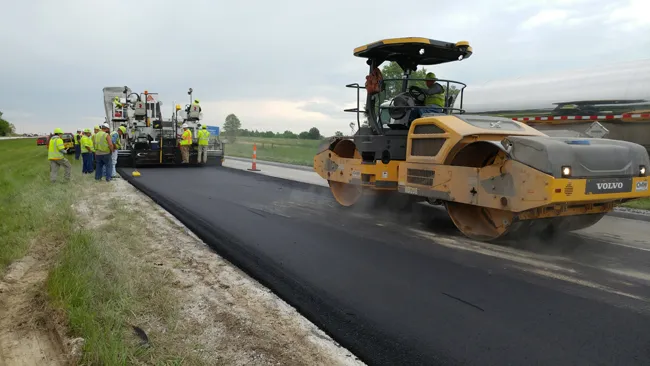To coincide with the announcement of its Condition Patrol technology, the company is launching Vaisala Across America, a cross-country tour that started yesterday from the company's US headquarters in Louisville, Colorado. The tour will visit more than 40 cities over 16 weeks, culminating in its arrival at the
"Vaisala is excited to offer this first-of-its-kind mobile data collection system for our road customers in cities, counties and departments of transportation around the country. We look forward to giving our US customers and the public a unique, hands-on experience with the product during the Vaisala Across America tour," said Antero Jarvinen, director of Vaisala's road and rail market segment.
Vaisala developed Condition Patrol in response to industry demands for mobile solutions. The system allows road maintenance crews to gather pavement temperature, air temperature, road conditions, and road friction levels from across their entire network of roads. The data is collected using laser and infrared observations from sensors mounted on maintenance vehicles as opposed to fixed spots along authorities' road networks. The real-time data is then downloaded to a software programme that provides recommendations to the maintenance supervisor about road treatment options, allowing them to make more informed decisions - which in turn reduces costs and improves road safety for all drivers.








